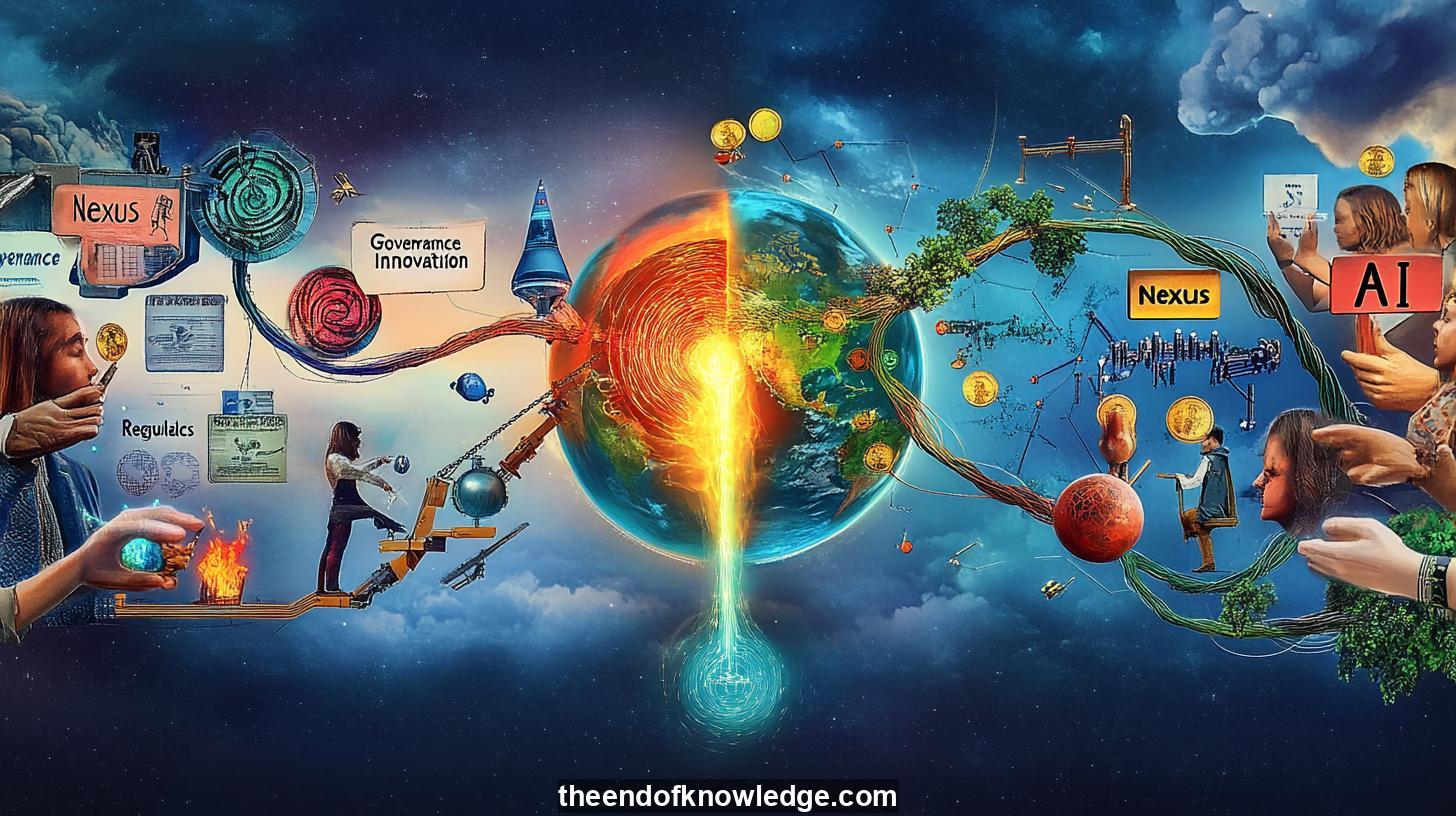 >
>
Concept Graph, Resume & KeyIdeas using DeepSeek R1 :
Resume:
30 Key Ideas:
1.- The origins of AI can be traced back to the 1964 conference by the American Society for Cybernetics, which influenced modern AI development.
2.- The Asilomar AI Principles, established in 2017, are a cornerstone for ethical AI development, addressing issues like safety, transparency, and human well-being.
3.- The tension between technological progress and ethical responsibility is a central theme, with a focus on human-centered AI development.
4.- Key figures such as Elon Musk and Nick Bostrom have played significant roles in shaping the discourse on AI governance and ethics.
5.- The Future of Life Institute is a prominent organization advocating for responsible AI development and governance.
6.- highlights the importance of global cooperation and democratic values in ensuring AI serves humanity's best interests.
7.- Ethical considerations must be integrated into AI development to prevent potential harms and ensure beneficial outcomes.
8.- The role of education and awareness in shaping public understanding of AI is crucial for informed decision-making.
9.- The intersection of AI with other technologies like biotechnology and climate change mitigation is explored.
10.- The need for a balanced approach between innovation and regulation is emphasized to harness AI's potential responsibly.
11.- discusses the potential risks of AI, including existential risks and the need for proactive measures to mitigate them.
12.- The importance of inclusivity and diversity in AI development is stressed to ensure equitable benefits.
13.- The role of civil society and grassroots movements in shaping AI policies is highlighted.
14.- examines the economic implications of AI, including job displacement and the need for social safety nets.
15.- The concept of universal basic income is discussed as a potential solution to AI-induced economic disruptions.
16.- explores the cultural and societal shifts required to adapt to an AI-driven world.
17.- The importance of ethical frameworks in guiding AI research and deployment is underscored.
18.- discusses the role of international agreements and treaties in regulating AI.
19.- The potential for AI to exacerbate existing inequalities is a significant concern addressed in the paper.
20.- concludes by reiterating the need for a collaborative, ethical approach to AI development to ensure a beneficial future for all.
21.- The integration of human values into AI systems is essential for aligning technology with societal goals.
22.- emphasizes the need for ongoing research and dialogue to address the evolving challenges of AI.
23.- The role of education in preparing future generations to engage with AI responsibly is highlighted.
24.- discusses the potential for AI to enhance human capabilities while maintaining ethical standards.
25.- The importance of transparency and accountability in AI development is stressed to build public trust.
26.- explores the potential for AI to address global challenges like climate change and healthcare.
27.- The need for a multidisciplinary approach to AI development, involving ethicists, policymakers, and technologists, is emphasized.
28.- discusses the potential for AI to reshape the global economy and the need for adaptive policies.
29.- The importance of protecting human rights in the development and deployment of AI is underscored.
30.- concludes by calling for a global effort to ensure AI is developed and used responsibly for the benefit of all humanity.
Interviews by Plácido Doménech Espí & Guests - Knowledge Vault built byDavid Vivancos 2025